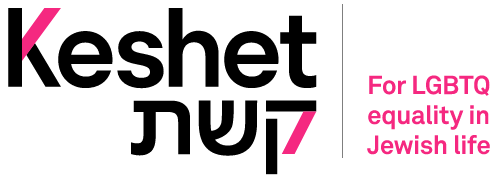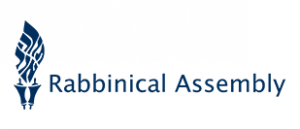Kol yisrael arevim zeh bazeh.
All of Israel is responsible
for one another.
Actions and resources here.
Kol yisrael arevim zeh bazeh.
All of Israel is responsible for one another.
Actions and resources here.
The Four Questions
I don’t know if you’ve ever experienced worship in a Black church, but there is often a continuous dialogue between the preacher and the congregation. The preacher prays or preaches, and members of the congregation respond with an enthusiastic “AMEN” or “YES” or “SAY IT!” as the spirit moves them. Once they get going, there is an exciting energy that is contagious!
A couple of weeks ago, Ren and Rafi were reading a prayer that I found moving, and I spontaneously interrupted them with “Yes!” and a big “Amen” at the end. I was reminded of my experience with seminary students from a Black Southern Baptist school. One of my peers asked them to respond to his D’var Torah as though they were in church. It was great. I mentioned this to the congregation, and Rabbi Sandmel said that he too once worked with some Black preachers. Hoping to get his congregation to voice a response, Rabbi Sandmel asked if there was something he could say to encourage a reaction. The preachers gave him some suggestions: “Can I get an amen?” always elicited a response. Another suggestion was to pause and say, “Am I right?” Rabbi Sandmel chuckled for a moment, shook his head and said, “If I asked that in my congregation … ” If you’re looking for agreement in a Jewish congregation, that’s probably not the question to ask! Which brings me to my topic of questions.
In an article from
Forbes, “Why Questioning is the Ultimate Learning Skill,” author Julia Brodsky claims that “the ability to ask questions is one of the most important lifelong learning skills a student can acquire in the course of their education.” This idea is so often antithetical to our society’s approach to education. We are told to sit quietly and listen to the experts. We are quizzed, tested, and told not to look at other’s papers. But that’s not the Jewish way. If we have contributed anything to the world (and we have contributed much), it is the concept of
hevruta, of collaborative learning. We challenge assumptions; we analyze texts (including Torah and Siddur); we ask questions of others and they ask questions of us. We encourage and admire critical thinking. We make jokes about how we often disagree.
The place where we all (can) experience
hevruta is the Seder. It is the ultimate “Spirits and Spirits” (BTW, come tonight at 5:30!) It is the place where we are presented with a text, with themes and concepts and wordplays, and asked to talk about them. As it says in the Haggadah, “And the more one tells about the coming out of Egypt, the more admirable it is.” The Seder table becomes a multigenerational vehicle for learning, exploring our values, and talking about our identities.
Why do we ask the youngest at the seder to ask the questions? Could it be that the youngest might feel too intimidated to ask a question and so we encourage them? Could it be that, as adults,
we
are intimidated, because we think we should
know
the answers, and so we let the children do it? In that same
Forbes article, the author suggests, “Questioning is not easy and may require a lot of reflection and perseverance, as well as a dose of humility. In order to ask a penetrating question, we first need to acknowledge our ignorance of the answer. Questioning takes the familiar and makes it mysterious again, thus removing the comfort of ‘knowing.’”
More often than not, in my experience, a dose of discomfort, a dose of being one or all of those four children in the Haggadah, is what brings us to a deeper place. We find out that the mystery and the unknowable is the most real space we inhabit.
Am I right? Can I get an Amen?



